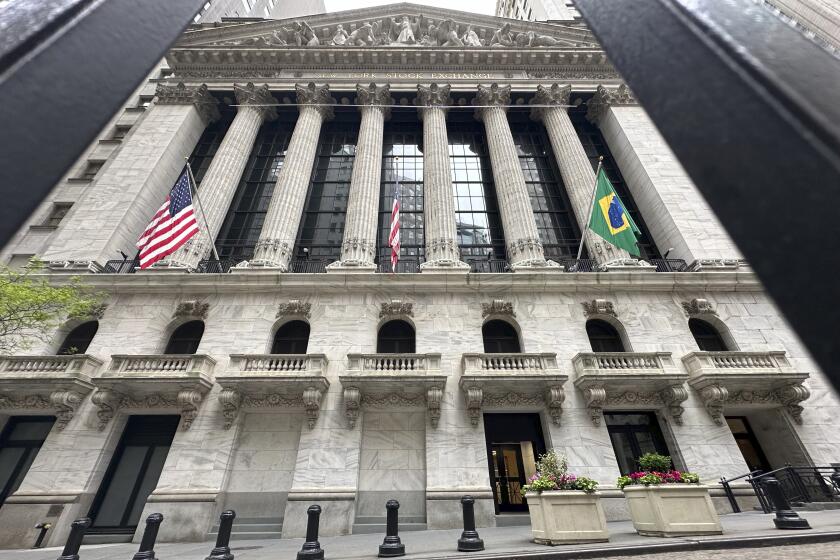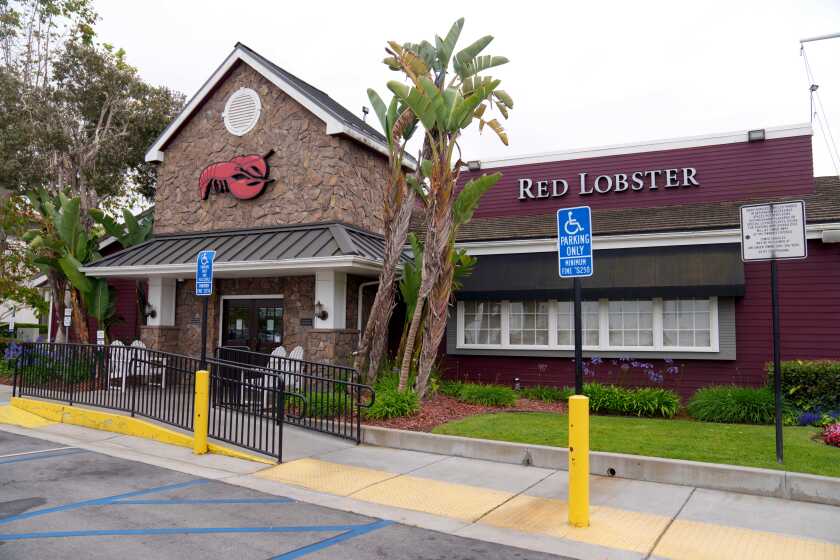Dot-Com Failures Reducing S.F. Office Rents
The dot-com meltdown is flooding the San Francisco office market with vacant space and reducing average rents in the city’s main business district for the first time in more than two years, according to a real estate study released Wednesday.
Rents for prime downtown San Francisco office space averaged $74.16 per square foot in the first quarter of 2001, down 7.5% from an average of $80.16 per square foot in the fourth quarter of 2000, Berkeley-based Rosen Consulting Group said.
It’s the first quarter-to-quarter rent decline for so-called Class A space in San Francisco’s financial district since the end of 1998, when landlords charged an average of $47.75 per square foot. Despite the decline, average Class A rents for new San Francisco financial district leases are 9% higher than a year ago.
San Francisco’s office rents still are the highest in the country. New York’s midtown Manhattan office market is the second most expensive at $67.75 per square foot, according to Cushman & Wakefield, a commercial real estate brokerage that supplied the data used in Rosen’s report.
Internet companies accounted for 77% of the 3 million square feet returned to the San Francisco office market between October 2000 and February 2001, the report said.
In an unusual step, Cushman & Wakefield distanced itself from Rosen’s report, which the brokerage called “premature.” The firm said it planned to release its own report today comparing San Francisco with other cities facing an economic downturn.
Propelled by a wave of venture capital-backed Internet start-ups, the city’s Class A office rents soared from $31.42 per square foot in early 1997.
San Francisco added about 170,000 jobs during the last four years, with much of the work linked to the Internet. Rosen estimated that Internet companies accounted for as much as 60% of all San Francisco office leases signed from January 1999 through September 2000.
Rents already are reversing, the report concluded, because so many San Francisco dot-coms are failing, making more space available.
In making its projection, Rosen assumes that 80% of San Francisco’s remaining Internet companies will fail in the next 12 months.
Although the shakeout is painful for the workers and investors involved, the decline in office rents is probably a healthy development, said San Francisco Bay Area economist Tapan Munroe.
“Real estate prices were becoming part of the whole Internet bubble,” he said. “The prices were getting so high that it was becoming a negative factor in the growth of new businesses in San Francisco.”






